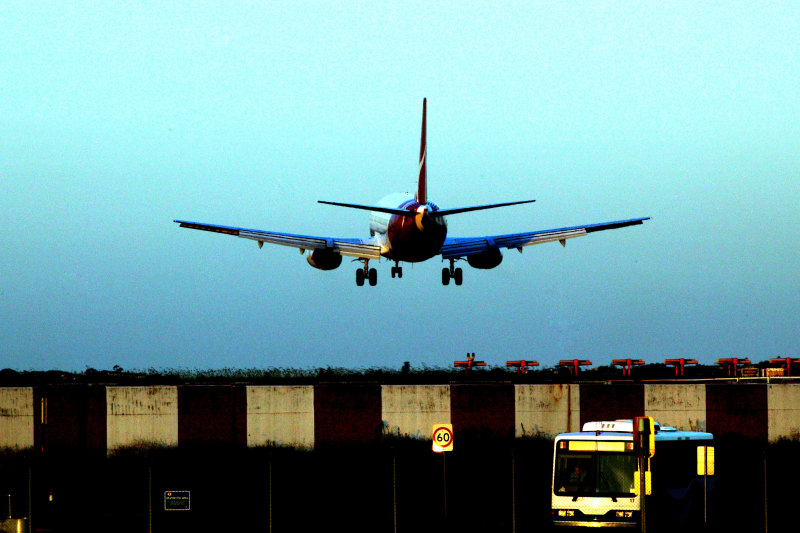Nearly 15,000 visas have been granted to foreign millionaires since the start of the pandemic under a scheme that has been criticised for allowing people to buy their way into Australia.
The controversial business innovation and investment visas require applicants to have millions of dollars in personal or business assets to stay in the country, which the government has defended as an important way to attract investment in Australia.
Figures from the Department of Home Affairs show it issued 10,210 of the 188 provisional visas and 4396 of the 888 permanent visas in the 15 months since the international border closed.
The pace has picked up since the department told a parliamentary inquiry last year that between 20 March and 14 September it had only granted 485 business innovation and investment visas.
The figures, from March 21, 2020 to June 30, 2021, also show almost 3500 people holding a business innovation and investment visa have entered Australia during that time. That includes 2904 provisional visa holders and 524 permanent visa holders.
The Morrison government last year removed the requirement for people holding a business innovation and investment visa, whether permanent or provisional, to apply for a travel exemption.
Grattan fellow Henry Sherrell said: “A lot of countries sell residency and citizenship. This is the way Australia does it.”
The Productivity Commission in 2016 raised concerns the visas were a “pathway for investing ‘dirty money’ in Australia”. A spokesperson for the Department of Home Affairs said there are integrity measures in place to ensure the program is not targeted by economic fugitives or used for money laundering.
The Morrison government has reformed the visa program to reduce the number of streams available and tightened criteria, with changes effective from July 1. The Home Affairs spokesperson said the changes sharpen the focus of the program on higher value investors, business owners and entrepreneurs and improve the quality of the investments and applicants.
There are several ways to qualify for the visa. Under the business innovation stream, applicants must buy or start a business and also have $1.25 million in total net business or personal assets.
Under the investor stream, applicants must be nominated by a state or territory agency and spend $2.5 million on qualifying investments. This was raised from $1.5 million on July 1 and at least $500,000 must be in venture capital or private equity, while the rest can be in managed funds.
The significant investor stream requires an investment of $5 million, with at least $1 million in venture capital or private equity.
The Home Affairs spokesperson said from 2012 until early May this year the program had attracted more than $15.9 billion into the Australian economy. Last year the government doubled the places available in the annual migration program, though it has been trimmed in the current financial year to reflect the tightened criteria.
Grattan has previously recommended the visas be abolished because they’re not an effective way to promote innovation or investment in Australia. Mr Sherrell said the income of people using the business stream was about $20,000 a year compared with $60,000 for a skilled visa worker and they mostly started businesses in retail or hospitality rather than innovative industries.
Abul Rizvi, the former deputy secretary of the Department of Immigration, said the investor visa benefited the applicant more than Australia.
“They get their money back at the end of the investment period but they get permanent residence in Australia, which means they get all the benefits of being able to park their family in Australia while they continue their business in another country,” Mr Rizvi said.
“The family gets access to things like Medicare and free education but their business is predominantly still somewhere else.”
Labor spokesman assisting immigration and citizenship Andrew Giles said the wealthy business people and foreign investors had “the red carpet rolled out by Mr Morrison’s questionable program all at the expense of stranded Australians”.
“Under Mr Morrison, if you’ve got money, you can buy a visa to come into Australia while everyone else is left behind,” Mr Giles said.

